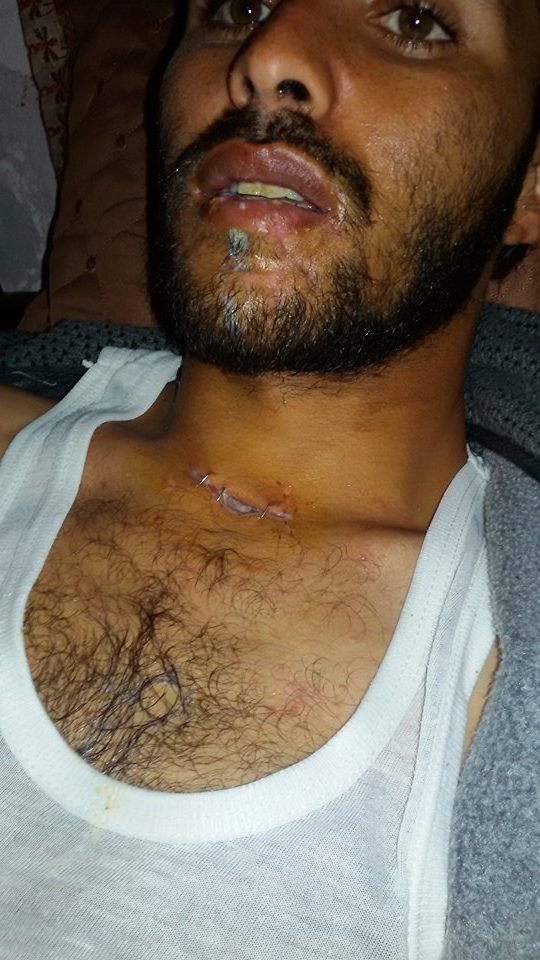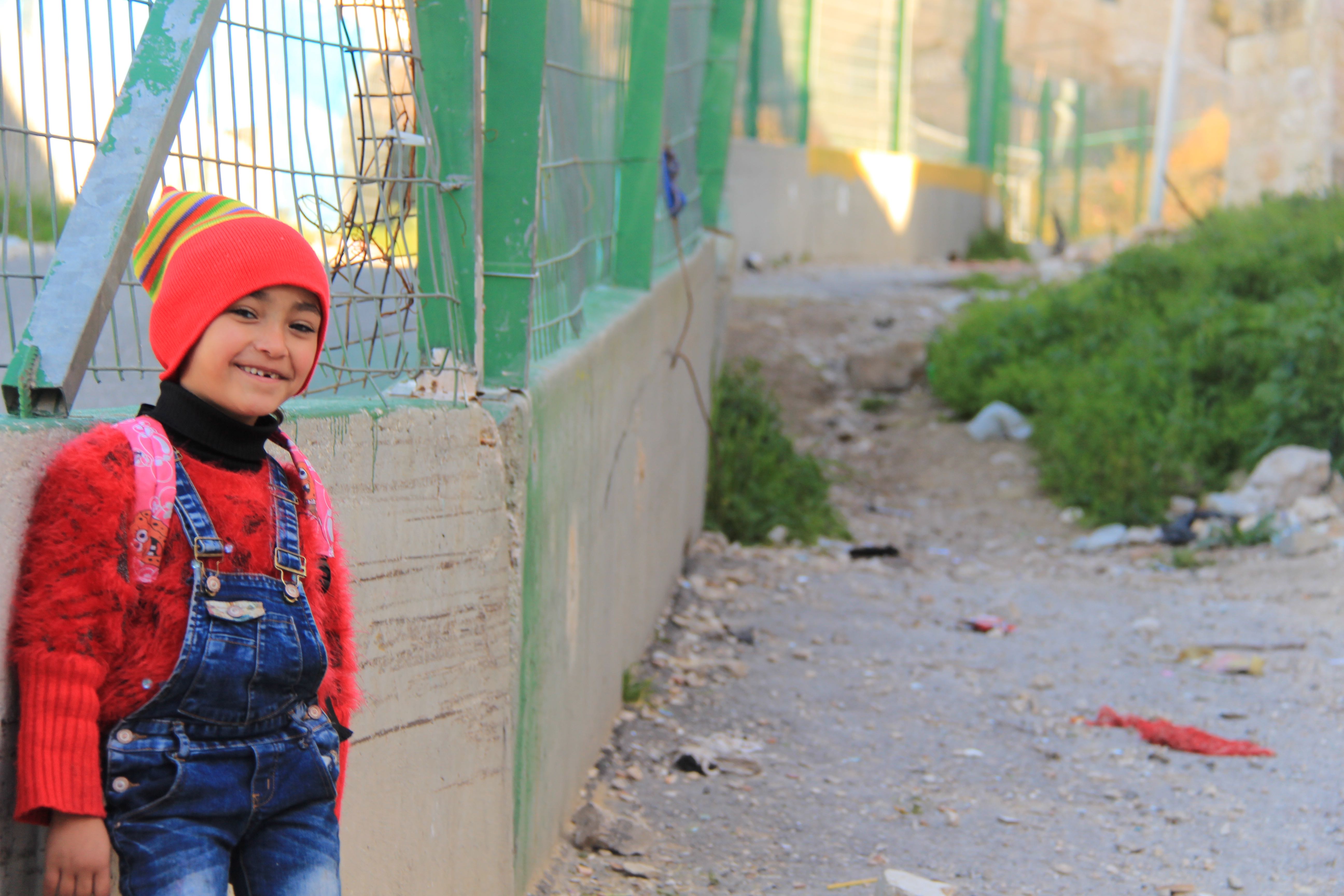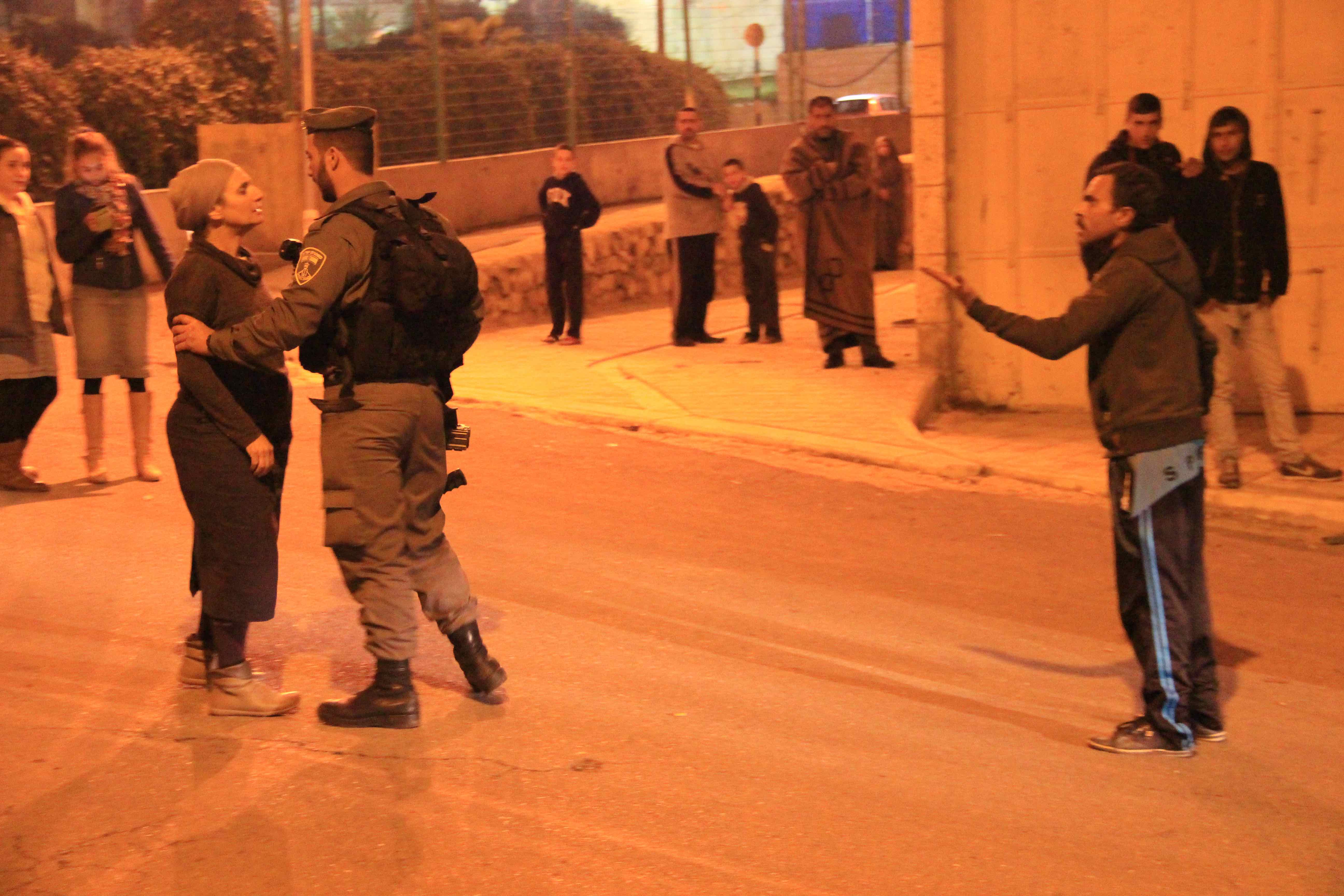Category: Reports
-
Israeli navy attacks and seriously wounds Gaza fishermen
1st March 2016 | International Solidarity Movement, Gaza-team | Deir El Balah, Gaza Strip, occupied Palestine One month ago Mohamed Said El Saidi, 23 years old, and his brother went back to the sea around 5am in order to pick up the nets that they had previously left 2 miles offshore in Deir El Balah. When…
-
Israel’s silent war on the children of Palestine
29th February 2016| International Solidarity Movement, Al-Khalil team | Hebron, occupied Palestine Fortunately much of the world is now fully aware of Israel’s apartheid wall and the zionist state’s grotesque, illegal occupation of the Palestinian territories that it represents. But few are aware of the endless number of other apartheid structures scattered throughout Palestine with the…
-
Infamous settler Anat Cohen disrupts peaceful commemoration
27th February 2016 | International Solidarity Movement, al-Khalil team | Hebron, occupied Palestine On Wednesday evening, 24th February 2015, a commemoration for the victims of the 1994 Ibrahimi Mosque massacre in occupied al-Khalil (Hebron), was interrupted by infamous settlers attacking the group of Palestinians and internationals peacefully remembering those killed and the implications of this…



